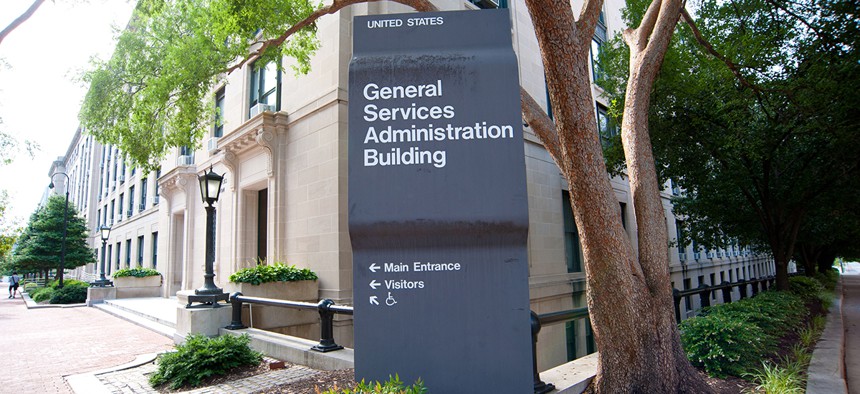IG Calls Out Federal Acquisition Service Over IT Resellers

Rena Schild/Shutterstock.com
The IG found commercial prices were lower for many of the top-selling items on GSA's IT Schedule.
Federal procurement officers planning to buy one of Sharp’s 70-inch LED Smart TVs off the General Services Administration’s Schedules Program from an IT reseller will find the cost ranges from $1,597 to $3,000.
Those kinds of significant price discrepancies aren’t supposed to happen under the Schedules Program, but they do with alarming frequency, according to an audit released July 25 by GSA’s Office of Inspector General. The audit also found lower commercial prices available for many IT schedule items.
It’s particularly troubling news considering the scope of GSA’s IT Schedule, managed by Federal Acquisition Service’s Office of IT Schedule Programs.
» Get the best federal technology news and ideas delivered right to your inbox. Sign up here.
According to the IG, the Office of IT Schedule Programs maintained more than 4,500 contracts as of July 2015 with fiscal 2015 sales of $14.8 billion – a substantial percentage of the government’s entire IT spend. FAS awards IT schedule contracts to manufacturers and IT resellers for equipment such as televisions and computers, as well as software and IT services. The majority of its contracts are with resellers.
After studying $84 million in IT schedule purchases made from August 2014 through July 2015 through GSA Advantage!, an online shopping and ordering system for feds, GSA’s IG found 71 percent of seven top-selling items “were sold at a price that was higher than the lowest IT schedule price.”
Items with the biggest price variance included various brands of hard drives, keyboards and IP phones. FAS’ argument that varied prices are the result of additional services did not sway the IG.
“In interviews about price variability, FAS officials have stated that prices can vary for the same items if the variance is justified by additional services or concessions,” the audit states. “However, the items that we reviewed in our sample were identical, and the price variances were not due to additional services or concessions.”
The audit also indicates government customers are getting fleeced by contract prices supposed to be approved by GSA as “fair and reasonable.”
Commercial prices were lower for 56 of the 75 top-selling items during the 1-year period the IG conducted its audit and averaged 13 percent lower than the lowest contract price for an identical item on the GSA IT schedule. In one extreme example, the IG found a GSA Advantage! price 314 percent higher than its commercial price.
Going back to Sharp’s 70-inch LED Smart TVs: The IG indicates an employee could have picked up the same television at a retail store for $1,289 – 24 percent less than the cheapest price available on the IT schedule.
“The price variability for IT schedule items and the availability of lower commercial prices for these items call into question whether customers can rely on IT schedule reseller pricing to be fair and reasonable,” the audit states. “Such pricing fails to fulfill a primary component of the value proposition of the Schedules Program, which is competitive, market-based pricing that leverages the buying power of the federal government.”
The watchdog also found price protections “diminished” when IT schedule resellers have low or no commercial sales, as well as millions of dollars wasted by the government on IT schedule reseller contracts with low or no schedule sales.
The IG issued several recommendations, including the establishment of procedures to ensure price variances for identical items are supported by analyses and performance measures for FAS IT schedule contracting staff that reinforce the objective to obtain the resellers’ most favored customer prices.
Kay Ely, the deputy assistant commissioner of FAS Integrated Technology Services, agreed with all the recommendations, noting there “have been significant changes and initiatives … to improve competitive pricing, to enhance the customer experience and train the contracting staff to effectively and efficiently implement these changes.”






